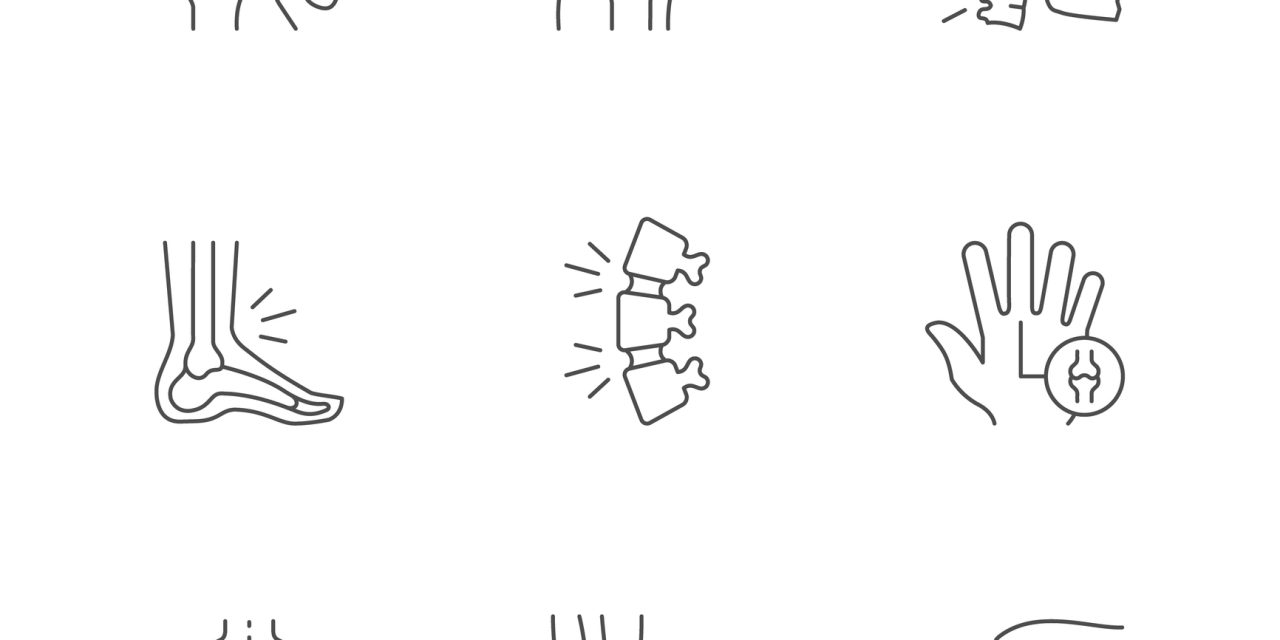Engaging children in meaningful occupations is a means of improving their participation. The objective of this study is to assess differences in dimensions of meaning of occupations-challenge, value, felt time, and autonomy-between children with and without neurodevelopmental disorders and their associations with the participation of each group. Thirty children with neurodevelopmental disorders (autism spectrum disorder [ASD]/attention deficit hyperactive disorder [ADHD]) and 30 typically developing children ( age = 9.37 ± 1.41 years) reported regarding dimensions of meaning of occupations. Their parents reported regarding children’s participation. Children with neurodevelopmental disorders attach different meanings to their everyday activities than their typically developing peers, with a large effect size ( = .07-.12). For children with neurodevelopmental disorders, the value and autonomy dimensions of meaning were correlated with participation. The findings expand knowledge of occupational meaning and participation among children. To optimize the participation of children, occupational therapists should facilitate autonomy and engage children in activities that they value.
Differences in Meaning of Occupations Between Children With and Without Neurodevelopmental Disorders.


